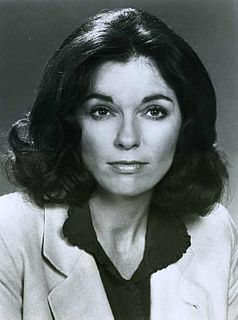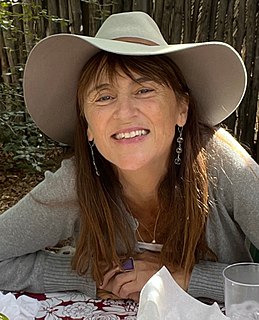A Quote by Romola Garai
There are still journalists who risk their lives in situations of conflict, versus those who sit behind a desk at 'News of the World' to report on whether someone is going out with somebody or not.
Related Quotes
There was a sergeant at a desk. I knew he was a sergeant because I recognized the marks on his uniform, and I knew it was a desk because it's always a desk. There's always someone at a desk, except when it's a table that functions as a desk. You sit behind a desk, and everyone knows you're supposed to be there, and that you're doing something that involves your brain. It's an odd, special kind of importance. I think everyone should get a desk; you can sit behind it when you feel like you don't matter.
I think our primary function is to create the strongest, deepest, most interesting news report there is in the world.And whether it's on the front page of the newspaper or leading the home page doesn't really matter. We reach a huge audience on the Web. And really, you know, the journalists, whether they are reporters or editors or Web producers or multimedia specialists, we're all creating, you know, the journalism that is the bedrock of our news report. And that's true for the newspaper, the Web, our apps, and you name it.
Halfway through primary school, I realised that I was not as physically strong or fearless as many kids. So, in situations of conflict, I quickly learned that it worked better for me to get out of situations or maybe kind of, you know, prevail in a conflict situation by using humour than by trying to punch somebody out.
It is important to realize that a large percentage of what we hear or see on the news focuses on those places where there is violent conflict...It gives us a slightly or very distorted view of what is going on because there are many other parts of the planet where there is no violent conflict, but that is not on the news.
A free press is one where it's okay to state the conclusion you're led to by the evidence. One reason I'm in hot water is because my colleagues and I at NOW didn't play by the conventional rules of Beltway journalism. Those rules divide the world into Democrats and Republicans, liberals and conservatives, and allow journalists to pretend they have done their job if instead of reporting the truth behind the news, they merely give each side an opportunity to spin the news.
I met journalists that were on both sides of things. People who are young, enthusiastic and hard working journalists working on the online side and people who had been there forever. There was one journalist who had running shoes under her desk in case she had to kick of her heels and go out and cover a breaking news story.
Our mission is to report these horrors of war with accuracy and without prejudice. We always have to ask ourselves whether the level of risk is worth the story. What is bravery, and what is bravado? Journalists covering combat shoulder great responsibilities and face difficult choices. Sometimes they pay the ultimate price.
I wrote about Bosnia at the time. Somebody looked out their window and saw gangsters coming down the street and doing ethnic cleansing. I said that was the thing that would happen in the future, someone phoning in what they were seeing on the scene. Whether it's the Huffington Post, the Daily Beast, Drudge Report or the BBC, all those reports, you have to assume there's a real person [who] has credibility.




































